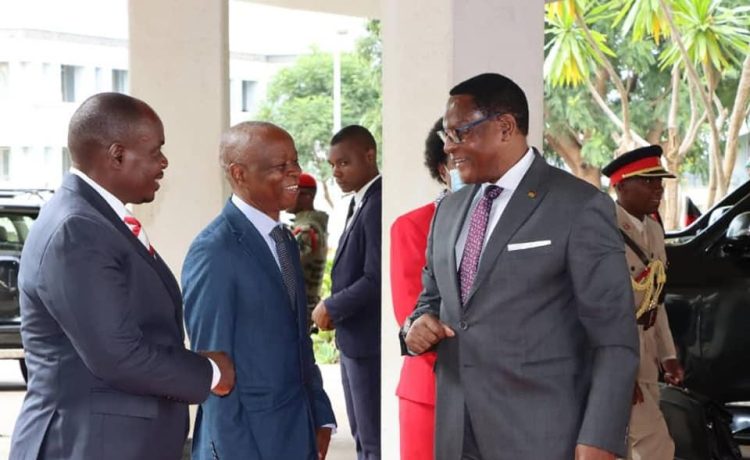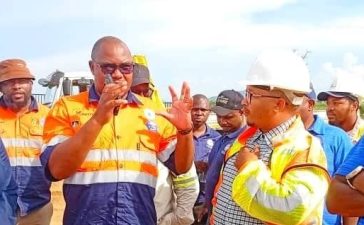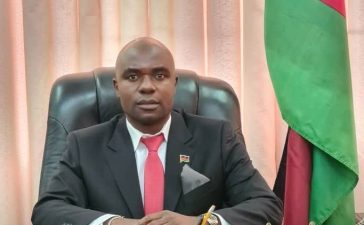In the evolving narrative of economic development in Malawi, the Agriculture, Tourism, and Mining (ATM) strategy put forth by President Lazarus Chakwera shines as a beacon of opportunity. This initiative is not merely a governmental program; it reflects a transformative vision that seeks to harness the riches of the land, the beauty of our culture, and the resources at our disposal to create a thriving economy.
Recent developments in Zomba District, highlighted by Vice President Dr. Michael Usi’s commendation, showcase how local governance can be effectively integrated into national strategies for sustainable development. The Vice President visited Zomba on Wednesday where he discovered that the council authorities there are putting commendable effort in operating the ATM vision that President Chakwera conceived.
The incident in Zomba clearly serves as a timely reminder of the potential that can be unleashed when local authorities align their efforts with the national vision. As Dr. Usi pointed out, Zomba has taken commendable strides in public reforms, particularly in hospitality and renewable energy sectors. The construction of a new lodge for the council and a biogas facility at Thondwe Market are not just isolated successes; they embody the essence of what the ATM initiative seeks to achieve—job creation, sustainable tourism, and renewable energy engagement.
These developments in Zomba should also spur the council and other local authorities across Malawi to adopt a broader, more integrated approach to community engagement. Vice President Usi’s call to “think outside the box and dream big” should resonate deeply in every corner of the nation.
“Your achievements in hospitality and tourism are commendable,” Usi stated. “On top of what you have said and done, I feel like you could as well utilize the military museum, which has huge tourism potential.”
In response to the Vice President’s visit and commendation remarks, Zomba District Commissioner Reinghard Chavula expressed appreciation, describing the encounter as a motivating factor for the council’s ongoing initiatives: “We have a number of initiatives aimed at improving the status of the district, including the expansion of markets and the development of residential plots,” he shared.
Zomba’s pending chance to leverage the military museum, into a tourism asset illustrates the untapped potential that lies within our communities in contributing to the ATM strategy implementation. Indeed, to realize the full scope of the ATM strategy, it is crucial for local councils to foster an environment where innovative ideas can flourish.
This means not only investing in infrastructure but also in human capacity and creativity. Engaging community members in proposing and executing development projects ensures that solutions are rooted in local needs and aspirations. Empowering communities to take ownership of initiatives also enhances sustainability.
Moreover, to make a tangible impact, it is essential that both the government and the private sector collaborate in fostering a strong tourism culture. There is a wealth of biodiversity, cultural heritage, and natural beauty that Malawi possesses that remains underutilized. The government must therefore facilitate an enabling environment where local businesses can thrive, drawing both domestic and international tourists.
The successes emerging from Zomba serve as a template not just for local councils but for the nation as a whole. Embracing the ATM strategy requires action at every level—from the desk of policymakers to the hands of local entrepreneurs. With continued support from national leaders and a commitment to community-driven development, Malawi has the potential to transform its economic landscape and truly embody the spirit of patriotism that President Chakwera champions.













